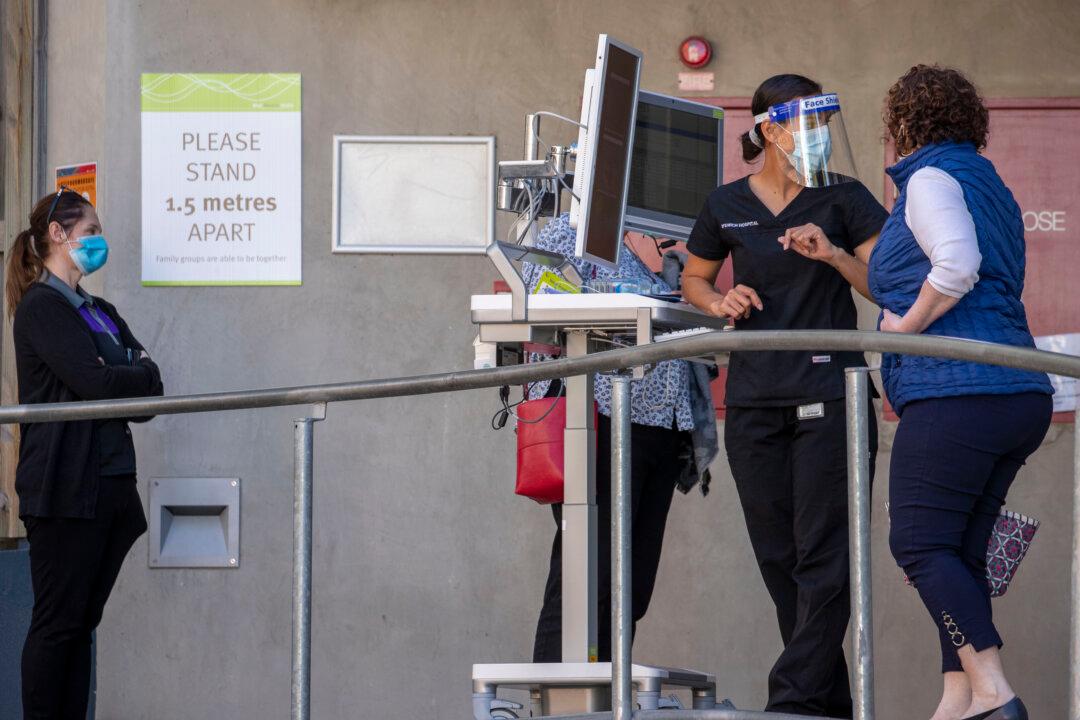Senator Gerard Rennick has alleged—under parliamentary privilege in the Senate—that the Therapeutic Goods Administration is “overriding the decision of the specialists” in refusing claims for vaccine injury from people who received COVID-19 vaccinations.
Services Australia administers the scheme, which offers people a way to seek a one-off compensation payment, instead of going through legal proceedings, if they experienced harm from a vaccine.





